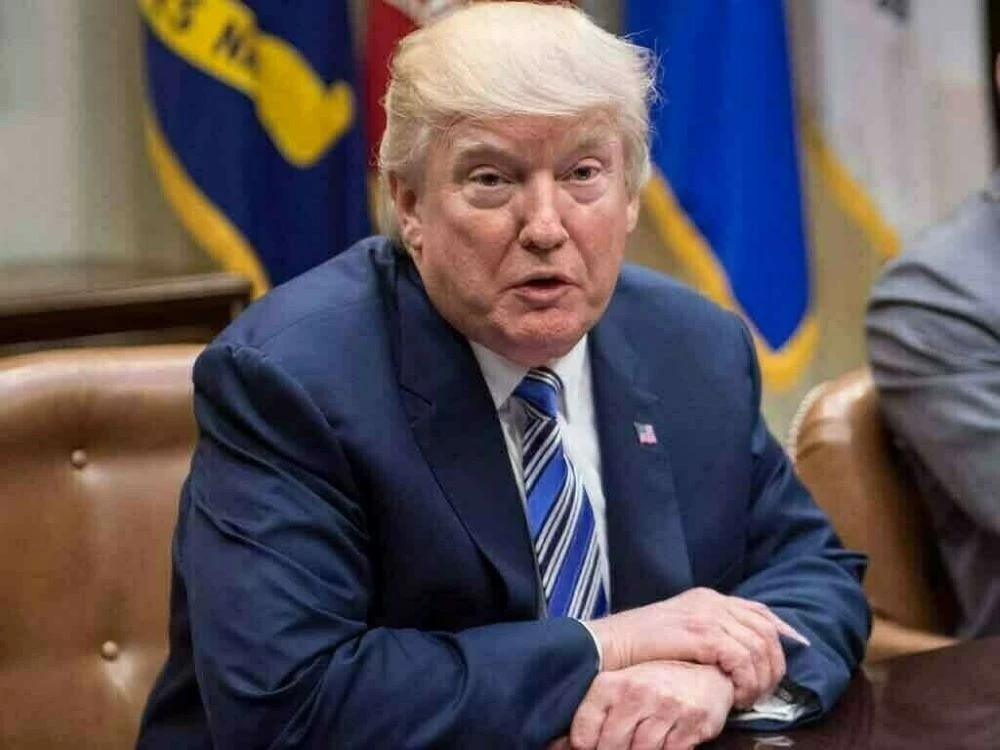Trump’s Cowboy Capitalism: A High-Risk Strategy for Trade Wars and Dollar Supremacy
President Donald Trump’s new economic plan resembles a cowboy on a reckless adventure — armed with tariffs and a desire to challenge global trade norms. His administration’s aggressive stance on trade, especially the imposition of tariffs on various products, is positioned as a means to protect American jobs and challenge China’s industrial dominance. However, beneath this bold, frontier-like image lies a complex strategy that is not only impacting foreign relations but also placing a heavy burden on American consumers, particularly the working class.
Trump’s approach is described by economists as ‘transgressive enjoyment,’ where economic pain is presented as a patriotic cause, and suffering becomes a symbol of national pride. This strategy, dubbed “cowboy capitalism,” encourages Americans to pay more for less in the name of self-sabotage. While the administration boasts about tariff revenues and the protection of domestic industries, the underlying reality shows a different story. The recent surge in tariffs has raised consumer prices and led to the slow growth of the U.S. economy, leaving low-income households to bear the brunt of the economic fallout.
The Global Impact of Trump’s Tariffs: A Shifting Trade Landscape
The tariffs are not just a domestic concern; they have triggered a global economic shift, especially in countries like Canada, the EU, and China, who have retaliated with their own measures. Canada, for instance, responded with retaliatory tariffs on US goods, while the EU has proposed countermeasures targeting a wide range of US exports. These actions are part of a broader strategy that has led to a realignment of global trade relations, with many countries now seeking alternatives to US economic dominance.
In the face of Trump’s aggressive tariff strategy, China has made its own moves, raising tariffs on US imports and fortifying its economic position. The situation has caused severe market instability, with increased bond yields, plummeting consumer confidence, and the weakening of the US dollar in global markets. Allies like Japan and South Korea are also caught in the crossfire, unsure of how to respond to the escalating trade war.
Trump’s Dollar Hegemony Strategy: Recasting the Global Economic Order
The underlying goal of Trump’s tariffs appears to be reshaping the global monetary order, with a specific focus on the US dollar’s role. Trump’s economic strategy is rooted in a desire to weaken the dollar’s dominance in global trade and encourage foreign central banks to reduce their holdings of US currency. The president’s tactics aim to stimulate US manufacturing by lowering the value of the dollar, which, in theory, would make American exports more competitive.
In this strategy, tariffs are merely a tool to provoke foreign central banks into taking action to weaken their currencies relative to the dollar. While this plan might seem economically sound on paper, the global ramifications of such a strategy are uncertain. Critics argue that it could destabilize the global financial system and force countries into a dichotomy of either adhering to the US-led financial order or aligning with competing powers like China and Russia. This could create two distinct global blocs: one that supports the US’s financial hegemony and another that rejects it, reshaping international trade dynamics for years to come.
Trump’s cowboy capitalism approach has sparked debates over the economic consequences of his tariffs. While some view it as a necessary step to challenge global trade imbalances, others see it as a form of financial warfare that threatens both domestic stability and international relations. As the world watches, the long-term effects of this economic strategy will likely have profound implications on the US’s position in the global marketplace.








